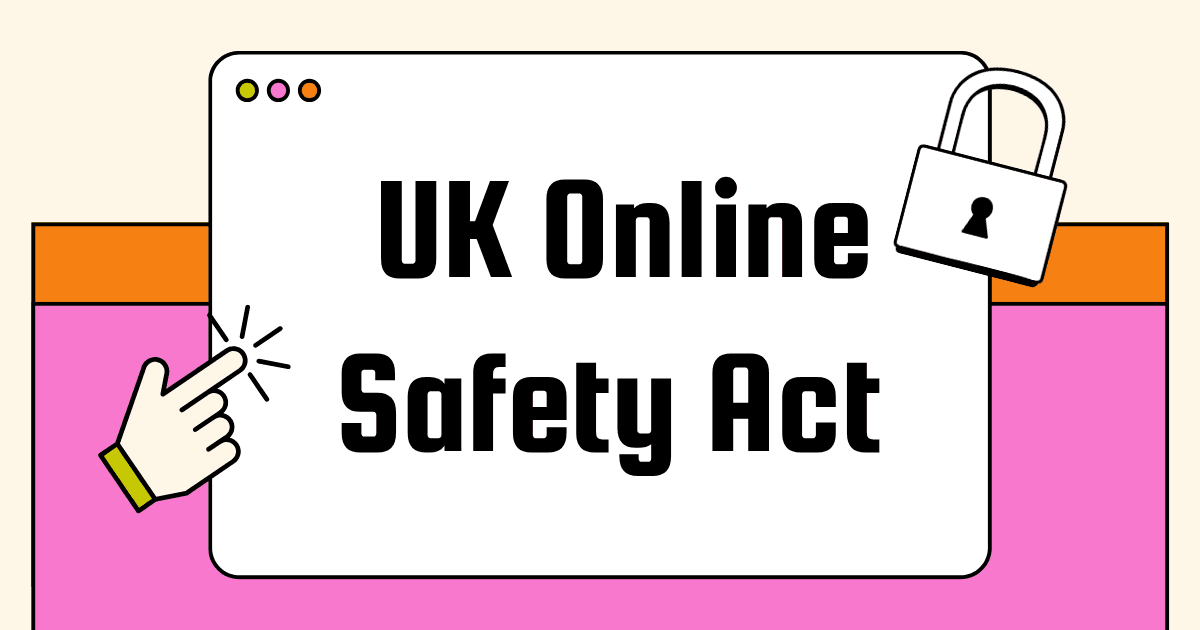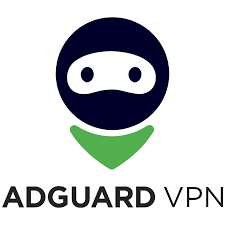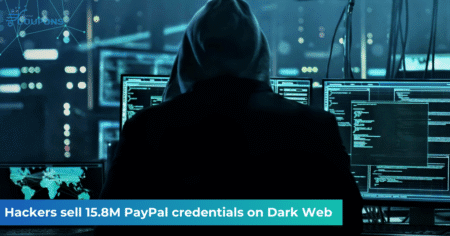The UK’s Online Safety Act 2023, which came into effect on October 26, 2023, marks an important change in how online content is regulated. The goal is to make the UK the safest place in the world to spend time online. This law sets specific deadlines for enforcing rules against illegal content by March 17, 2025, and for improving child safety online by July 25, 2025. It requires social media platforms, search engines, and other websites to take steps to protect users, especially children, from harmful and illegal material.

However, the new law has sparked a lot of discussions about its effects on people’s privacy and freedom of speech. As a result, many people in the UK have started using Virtual Private Networks (VPNs) to help protect their online activities.
Impact of the Online Safety Act on UK Citizens
The Online Safety Act 2023 creates a structured approach to improve safety on the internet. It requires online platforms to set up systems to reduce risks from illegal content and to protect children from harmful material. Some key features of the Act include age verification methods to ensure that children can’t access inappropriate content, and assessments that identify potential online dangers. This law applies to various online services, including social media, messaging apps, search engines, gaming websites, and smaller online communities, regardless of whether the company is based in the UK, as long as they have many users from the UK or target the UK market.
Concerns About Privacy and Free Speech
The new law, aimed at protecting online users, has raised alarms about privacy and freedom of speech. Groups like Article 19 and the Open Rights Group have called it a “censor’s charter.” They believe it gives the UK government too much power to control what we say and share online without enough checks and balances. The law’s vague rules could lead to websites removing content just to be safe, which could limit open discussions and access to information.
Public Reaction and Challenges for Websites
Many people are unhappy with this law, as shown by a petition on the UK Parliament website that collected over 400,000 signatures urging lawmakers to repeal it. Community-focused platforms like Wikipedia are worried about how to comply with the law. They’ve even mentioned the possibility of restricting access to their site in the UK if they’re forced to follow the new rules, fearing that it could lead to manipulation and vandalism. These issues highlight the difficult balance between keeping people safe and allowing free access to information.
Effects on Everyday Users
For people living in the UK, this law means more scrutiny of their online actions. Some rules may require users to verify their age, which could involve sharing personal information. Many are concerned about increased surveillance and losing access to content, prompting them to look for ways to protect their privacy and freedom online.
Popular Platforms Implement the UK Age Verification Law
Popular platforms facing potential penalties for non-compliance with age verification laws have adopted various methods.
- X uses a combination of reliable signals like self-declared age, ID verification history, and account age, along with estimation techniques based on email or social connections. If those fail, users may need to upload a government ID or use facial age estimation via a selfie.
- Reddit requires UK users to either upload a government ID or take a selfie through Persona, its third-party verifier. While Persona processes this sensitive data for seven days, it doesn’t access Reddit user data.
- Pornhub offers various methods for age verification, including verification through an email address, phone number, online banking, and a credit card.
- Discord employs k-ID, a face verification service that involves simple actions like mouth movements. They and k-ID do not store ID documents or video selfies, deleting documents after the age check and keeping video selfies on the user’s device.

Rise in VPN Usage in the UK
The introduction of the Online Safety Act has led to a notable increase in the use of VPNs (by more than 60%) in the UK. VPN installs in the UK have also grown by 2.5 times. Many people are turning to VPN apps as a way to avoid age verification checks by connecting to servers in countries that do not have similar rules. This trend shows that many citizens in the UK want to maintain their freedom online in light of new regulations.
Why People Are Choosing VPNs
VPNs work by allowing users to connect their internet activity through servers located in different countries, which helps hide their actual location. This means that they can get around restrictions on what content they can access and can protect their privacy while online. With the new Online Safety Act raising concerns about government monitoring and data collection, using a VPN has become an appealing option for those looking to browse the internet more freely and privately.
Benefits of Using a VPN
VPNs have become a critical tool for UK citizens navigating the new regulatory landscape. Below are the key benefits of using a VPN, particularly in the context of the Online Safety Act:
Enhanced Privacy: VPNs encrypt internet traffic, making it difficult for third parties, including ISPs, governments, or hackers, to monitor online activities. This is crucial for users concerned about potential surveillance under the Act.
Bypassing Geo-Restrictions: By connecting to servers in other countries, VPNs allow users to access content restricted by the Act’s age verification or other regulatory measures.
Protection on Public Wi-Fi: VPNs secure data on unsecured networks, such as those in public places like cafes or airports, reducing the risk of data theft.
Anonymous Browsing: By masking IP addresses, VPNs provide a layer of anonymity, making it harder to trace online activities back to the user.
Avoiding ISP Throttling: Some ISPs throttle bandwidth for specific activities like streaming or torrenting; VPNs can prevent this by encrypting traffic, ensuring consistent speeds.
These benefits make VPNs an attractive solution for UK citizens seeking to maintain their digital freedoms while complying with or circumventing the Act’s requirements.
Top 5 Free VPNs for UK Users
Considerations for Free VPNs
While these free VPNs are trustworthy and effective for basic needs, they often lack the full functionality of premium services. Data caps, limited server locations, and slower speeds can hinder performance for heavy users. For those requiring robust features, such as unlimited data or access to a broader range of servers, a paid VPN like PIA VPN, NordVPN, Adguard VPN, or Surfshark may be a better investment.

The UK’s Online Safety Act has changed how UK people experience the internet, aiming to make it safer but also raising worries about personal privacy and the freedom to express ourselves online. As a result, many people are turning to VPNs, which are tools that help them protect their privacy and access restricted content. VPNs provide essential advantages, such as keeping your online activities private, allowing you to access content from different regions, and making your internet browsing more secure.
While there are free VPN options available that can be good for users looking for affordable privacy solutions, it’s essential to understand that these free versions may have some limitations. For those who need more robust protection and features, paid VPN services might be a better choice. As the internet continues to develop, VPNs will play an essential role in helping people protect their online freedoms.
Have a nice day!









